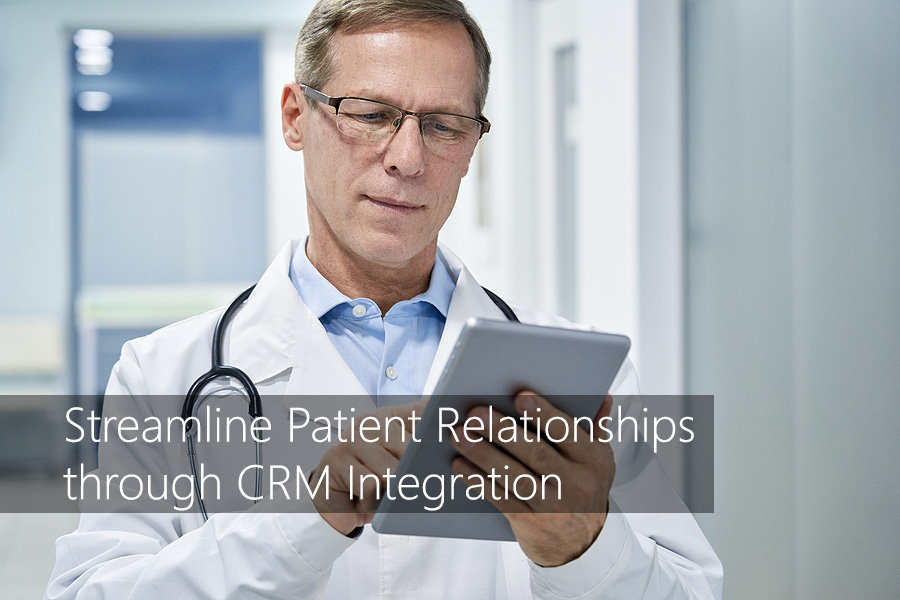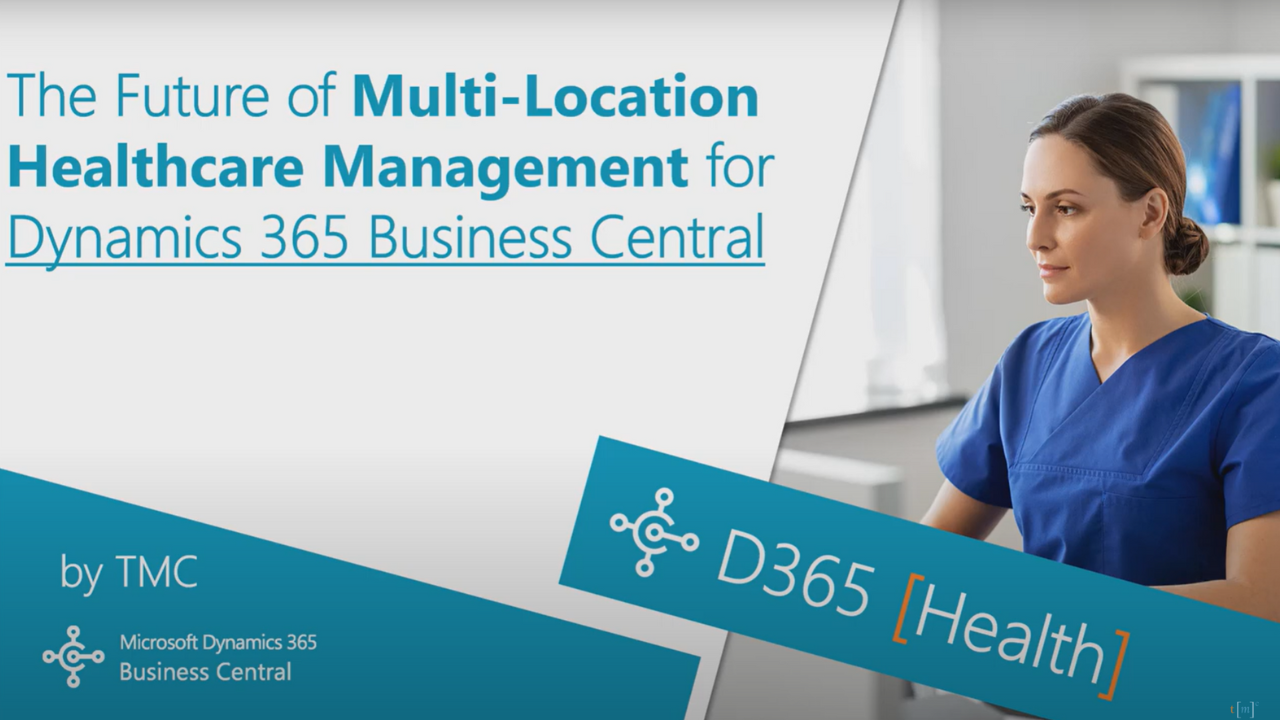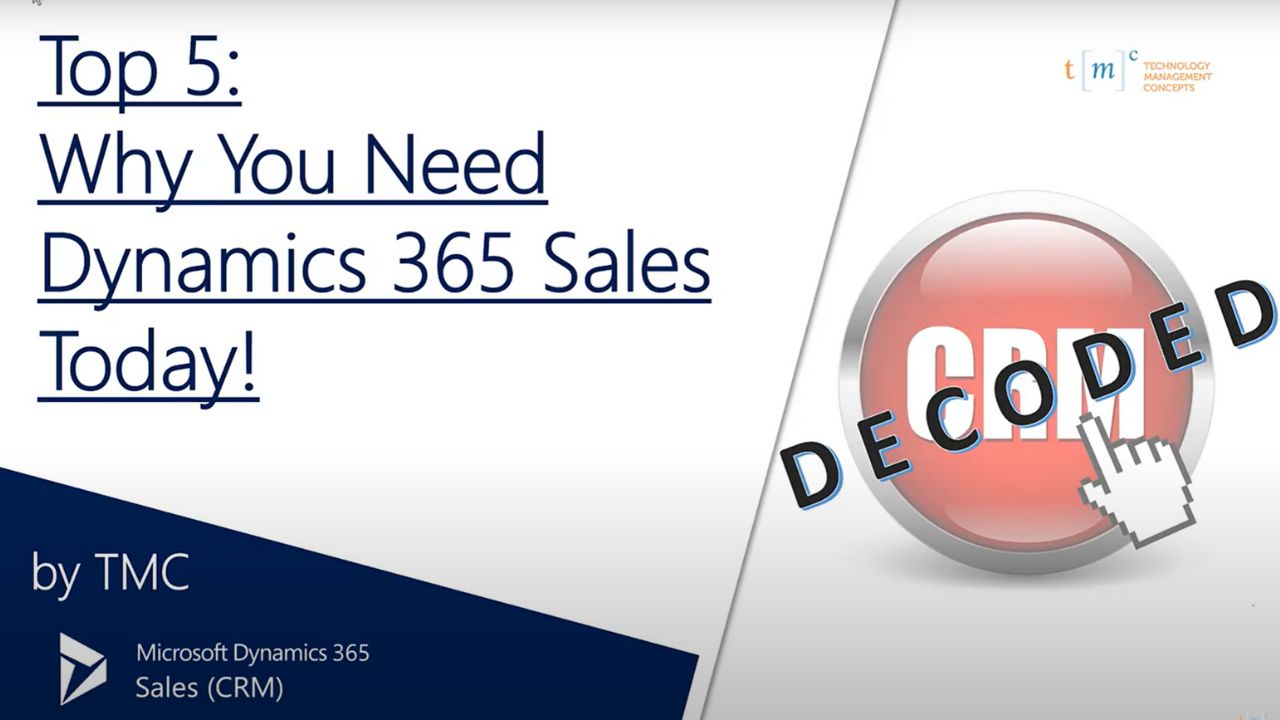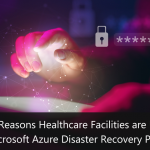
The healthcare industry is increasingly automating operations because of the evolution in technology and transformation in healthcare facilities. There is a need to enhance patient experiences and offer better value-based care using these new solutions. Healthcare draws from value, and the entire ecosystem of technology is guiding hospitals to be more patient-centric. As consumer expectations have risen, customer relationship management (CRM) systems are emerging as crucial components of a successful business strategy. Businesses who forego CRM integration risk failed communication with existing clients, fewer leads, and ultimately lost revenue. Healthcare is no exception. In this study, healthcare researchers found that CRM integration results in “plenty of advantages such as reducing medical mistakes, sharing information easier and offering better care.” Other benefits include:
- Enhanced communication-Each point of contact is recorded in the CRM system, ensuring all levels of the healthcare provider have quick access to patient information.
- Improved patient care-Patient records stored in a sophisticated CRM system facilitate caregiving efforts throughout the healthcare organization.
- Patient loyalty-A streamlined experience from the initial point of contact to receiving care builds patient trust and satisfaction.
Building patient trust is a critical challenge the healthcare industry must meet head-on. Patient care is fragmented between primary caregivers, third party laboratories, specialists, and more. Going forward, widespread investment in CRM systems will:
- Improve business to business communications.
- Provide patients with holistic medical care between caregivers.
- Reduce patient frustration when communicating with multiple providers.
According to the Institute for Healthcare Communication, effective communication between providers and patients is vital to achieving higher standards of care. CRM integration facilitates doctor/patient relationships by:
- Allowing access to patients’ complete medical history between providers.
- Track patients’ participation and self-management of their condition.
- Gain insight into long-term strategies for providing care.
Integrating CRM systems with healthcare is a step towards improving the overall quality of care. Advancements in medicine are limited if communication between providers and patients breaks down. However, designing a CRM system that contends with the complexity of the healthcare industry is no easy task. Data security and system flexibility are chief considerations when considering its viability in the future.
Patients are also changing their demands. Studies show that over 93% of patients want timely access to their medical history. Another 71% say they expect medical professionals to provide care via a mutually agreed digital channel to communicate information about their treatments.
Real-time access to patient data helps meet these demands and identify the appropriate time to offer proper care and support to patients between the numerous appointments. The automated process through technology helps to boost health outcomes.
Microsoft helps hospitals gain the top benefits of automation and easy access to their patients’ data via the new Microsoft Dynamics 365 platform. It is a feature-rich software system that can achieve all the required needs in a healthcare facility.
Microsoft Dynamics 365 for Healthcare
The healthcare industry can benefit significantly from the robust features provided by Microsoft Dynamics 365. It offers a full breakdown of the internal systems and gives the relationship between the databases and a complete view of the patient. Medical professionals can then make the right decisions and tailor their services to meet the customers’ needs. There is no room for guesswork, and every customer must get the proper treatment.
The benefits of using the solutions in healthcare facilities are abundant. It is easy to manage both employees and patients while securing sensitive data in the cloud. You can also access real-time data from anywhere at any time to help in improving performance. Here are some of the top reasons why healthcare facilities opt for Microsoft Dynamics for healthcare.
- Manage facilities at multiple locations effortlessly: Most organizations have facilities spread across numerous locations. It is complex to manage data coming from all these facilities when you don’t have any automation features. You need to worry about the number of users, having the correct transaction for each facility, permissions, locations, and reporting. With Microsoft Dynamics 365, you can handle all the operations using a centralized system and access all information for all facilities on any device remotely.
- Control the purchase and inventory: Proper management of purchase and inventory in the healthcare facility helps to streamline the process and avoid wasting time due to the number of individual inventory items.
Microsoft Dynamics 365 Sales for Healthcare provides effortless inventory management that helps you control all the on-hand inventory and have instant visibility for requisitions, invoices, purchase orders, and better purchasing controls. You also get fast approval by using mobile devices or tablets on the go. It eliminates the need for paper documents or redundancy in data entries that are prone to errors.
- Robust integration platform: Microsoft Dynamics 365 helps to offer a solid and reliable integration platform that healthcare organizations can use to automate anything for their operations. It seamlessly integrates with clinical solutions, bank providers, payroll providers, and any system aspect. Such integration helps for real-time, reliable, and seamless management of processes.
- Offers options for cloud and on-premise deployment: Migrating to the cloud is essential for most healthcare facilities to secure their data. With cloud deployments, you can scale up or down when needed to offer services as required to fulfill your patients’ desires.
You can handle both on-premise data and the cloud when using the Microsoft Dynamics 365 platform. It’s best to choose the option that offers multiple deployments and has control over your investments.
Are you yearning for the right technological solution to enhance your business? Contact us at Technology Management Concepts to talk about Microsoft Dynamics 365.
For that reason, TMC provides its healthcare clients with individualized and secure CRM systems suited to their needs.
Visit our Microsoft Cloud Business Solutions to learn more about our solutions in order to further your understanding of financial and business management systems. Team up with a certified Microsoft Gold Partner to make your migration to the cloud seamless. If you have any questions regarding Dynamics 365 or other ERP/CRM systems, contact us.
Don’t forget to follow us on Facebook, LinkedIn, and Twitter. Subscribe to our YouTube channel for insightful tutorials and demos.







